Hangzhou, capital of East China's Zhejiang Province, has recently strengthened regulation on high-precision maps, requiring that related data be stored within Chinese border and cross-border data transfer need official approval.
The city has issued regulations in accordance with Chinese law which include the Surveying and Mapping Law, the Map Management Regulations, and the Ministry of Natural Resources' requirement on maintaining geological information safety associated with developing autonomous driving services, according to a circular on the website of Hangzhou Bureau of Planning and Natural Resources on Monday.
The purpose is to strengthen regulation on high-precision maps, boost the development of intelligent connected vehicles and maintain geological information safety, the circular said.
Producers of high-precision maps should be qualified for surveying and mapping, or done by authorizing institutions that have the qualifications to conduct related activities, according to the circular.
Servers that store data of high-precision maps should be located within Chinese border. In addition, the data should be encrypted with domestically-produced commercial codes that are in line with safety standards, and transferred with safe networks so as to ensure the safety of geological data, read the document.
For cross-border transfer of data about high-precision maps, approval is needed in accordance with laws and regulations, it said.
According to the regulation, high-precision maps are digital maps that have higher positioning precision and are mainly used for the driver assistance system of intelligent connected vehicles. High-precision maps mainly cover L4 higher-level autonomous driving maps and L3 lower-level autonomous driving maps.
The importance of high-precision maps has been widely recognized by the autonomous driving industry globally, as it enhances the safety of autonomous driving thanks to high-precision positioning, lane-level path planning, and other functions.
According to a forecast of CITIC Securities, the global high-precision map industry will exceed $20 billion by 2030, and the potential market size in China is estimated to reach 30 billion yuan. CITIC said high-precision maps will not only be applied in autonomous driving, but also to a wide range of scenarios including smart cities, smart tourism, real estate and new retail.
Currently, autonomous driving is categorized from Level 0 to Level 5; the higher the level, the more intelligent the technology. Level 3 means conditional automation, in which a vehicle can drive by itself under certain conditions.








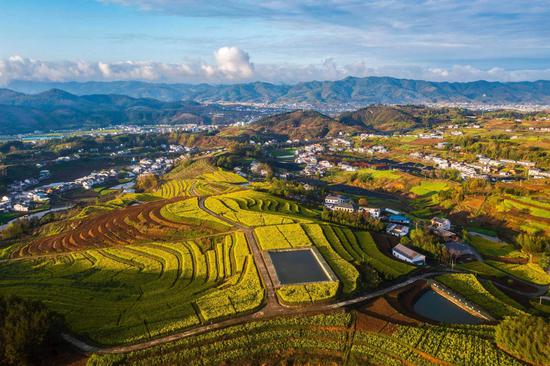



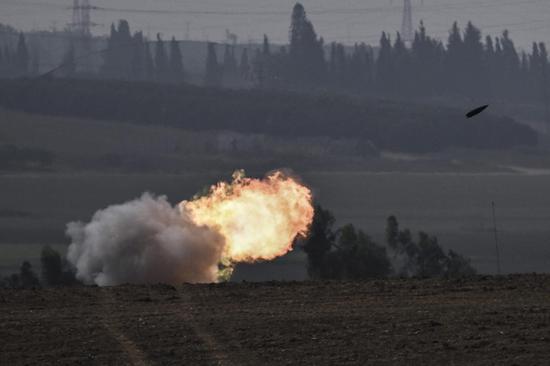
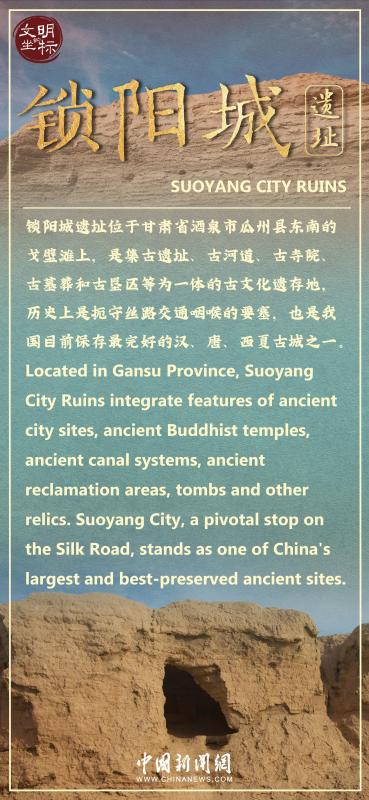
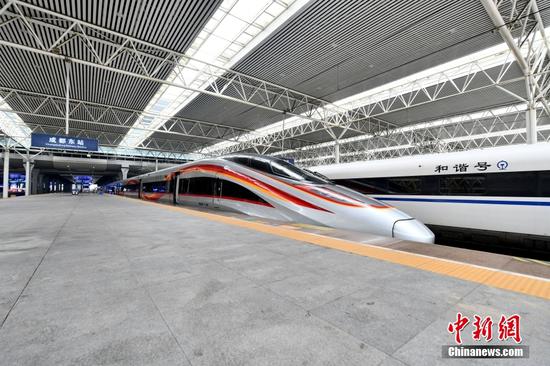






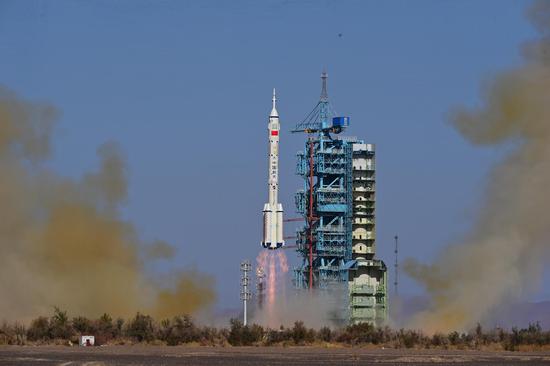
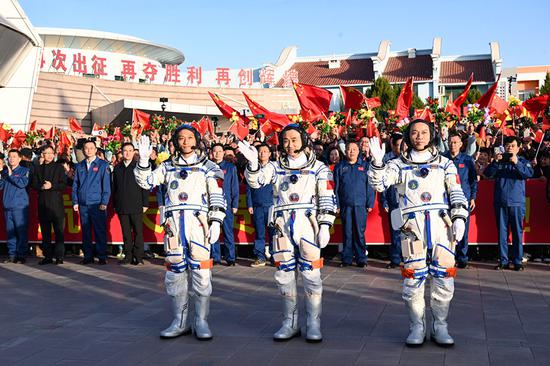
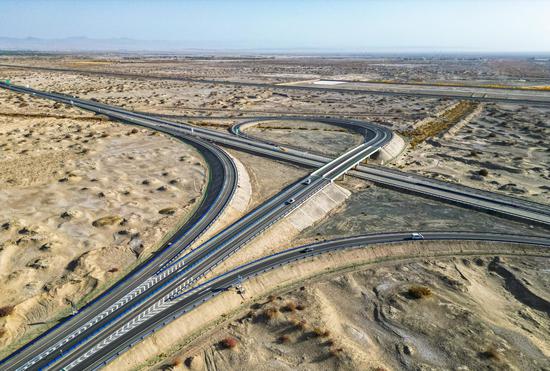
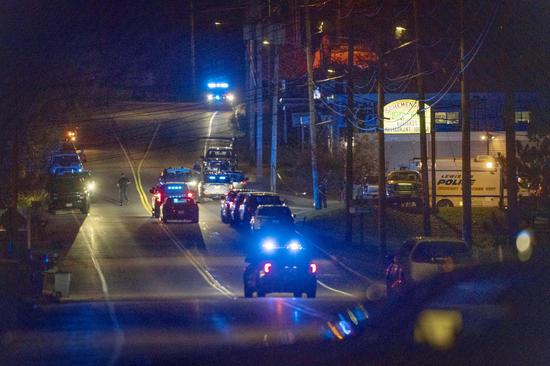

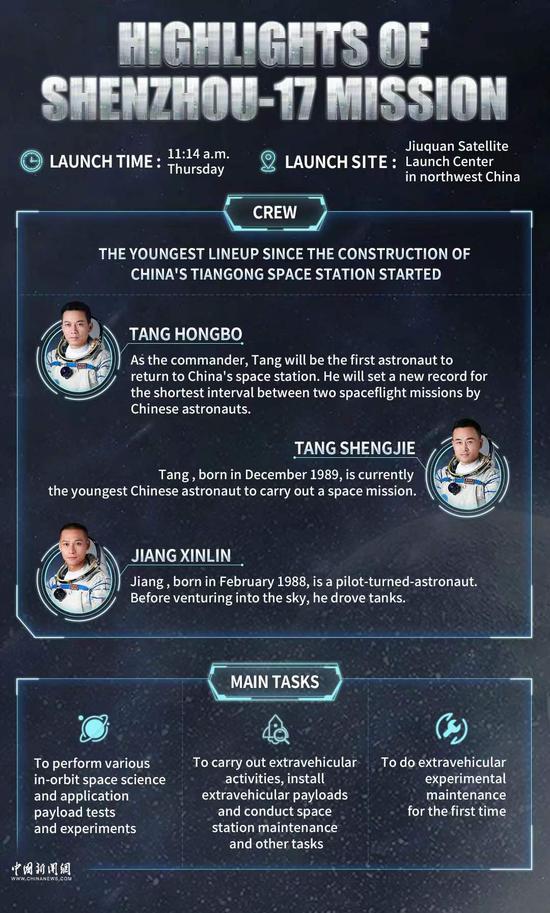
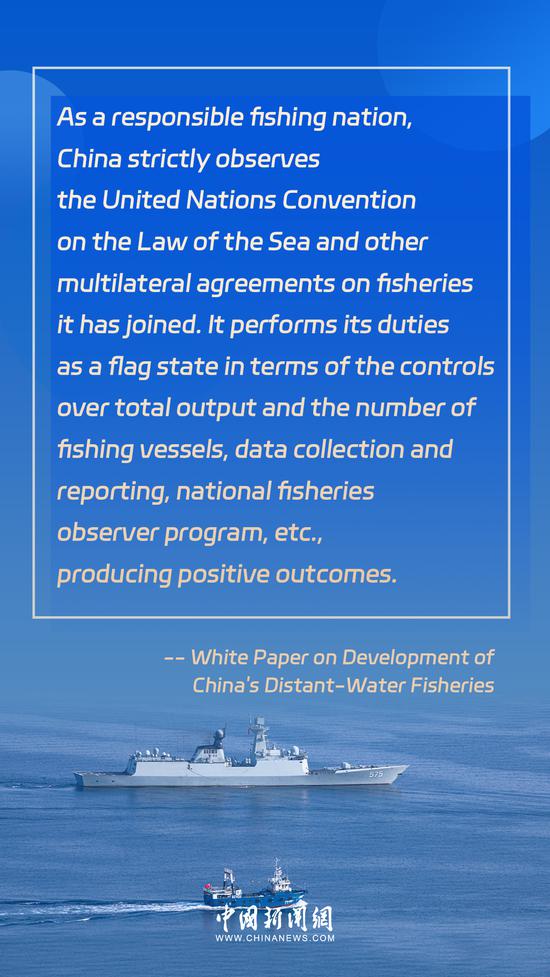





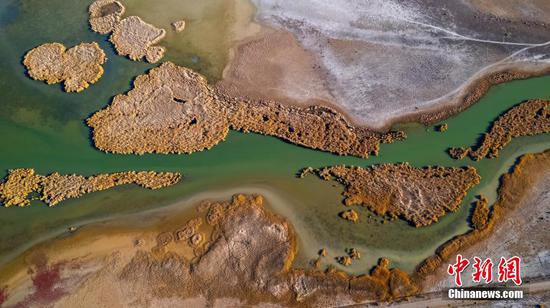
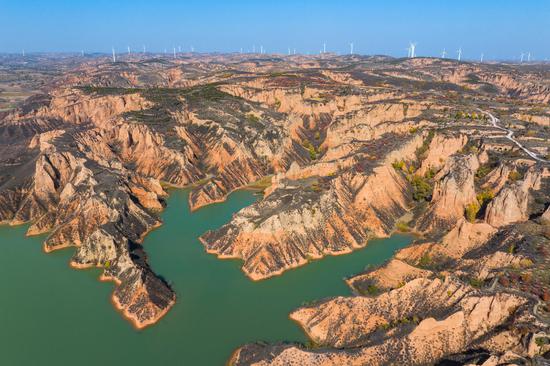
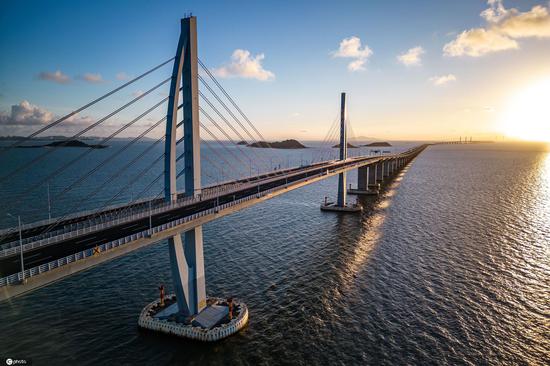
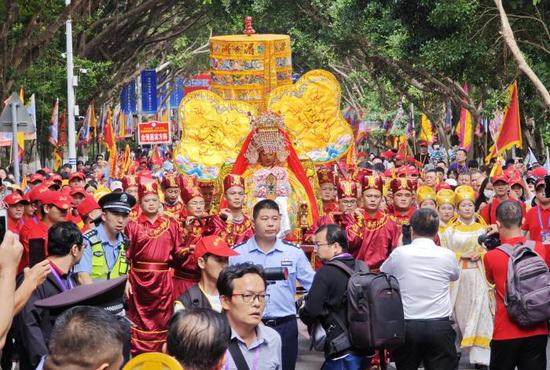

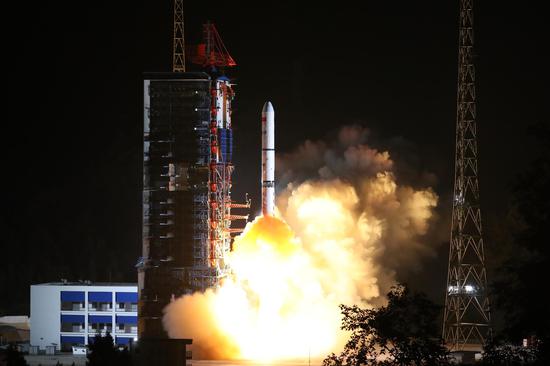


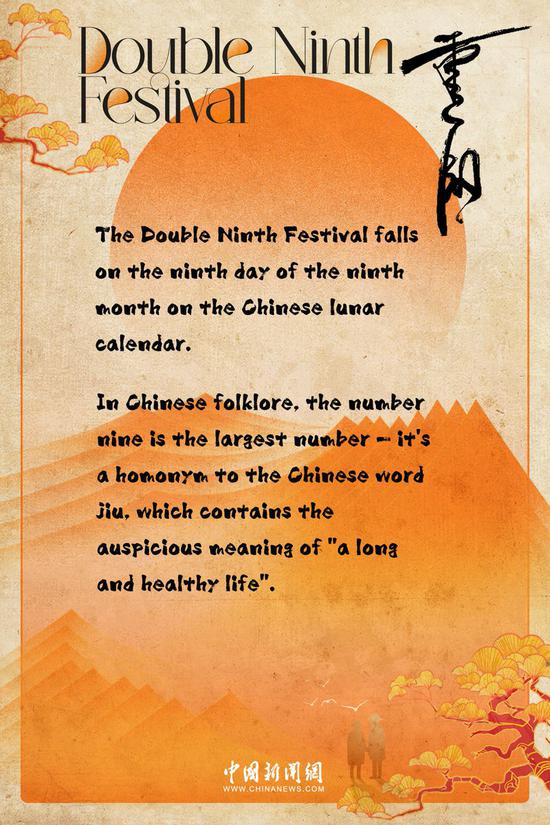








 京公网安备 11010202009201号
京公网安备 11010202009201号